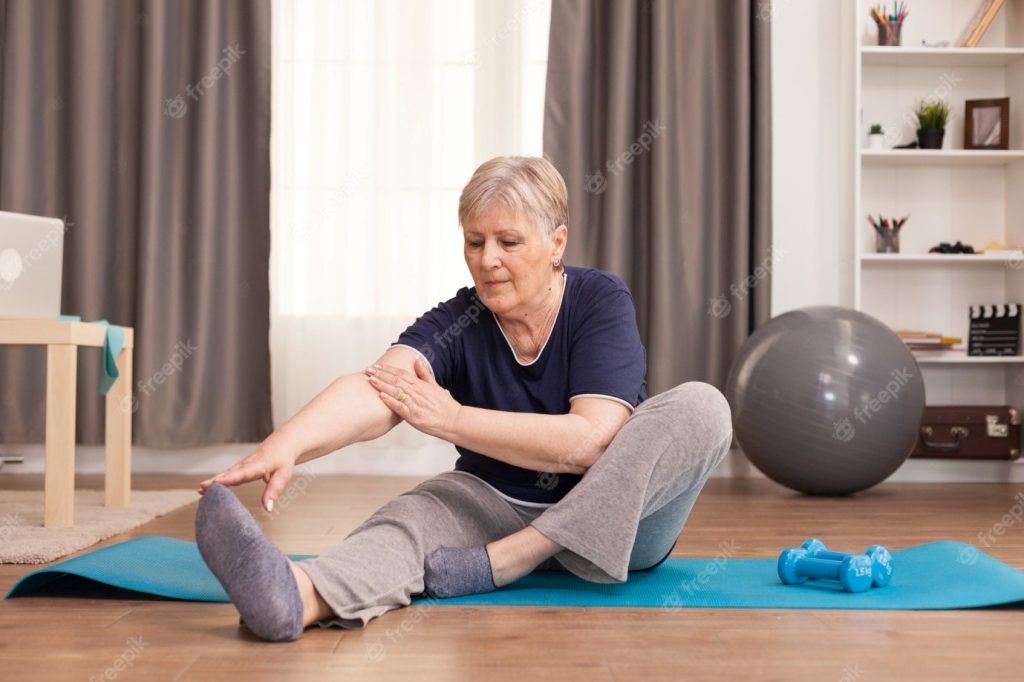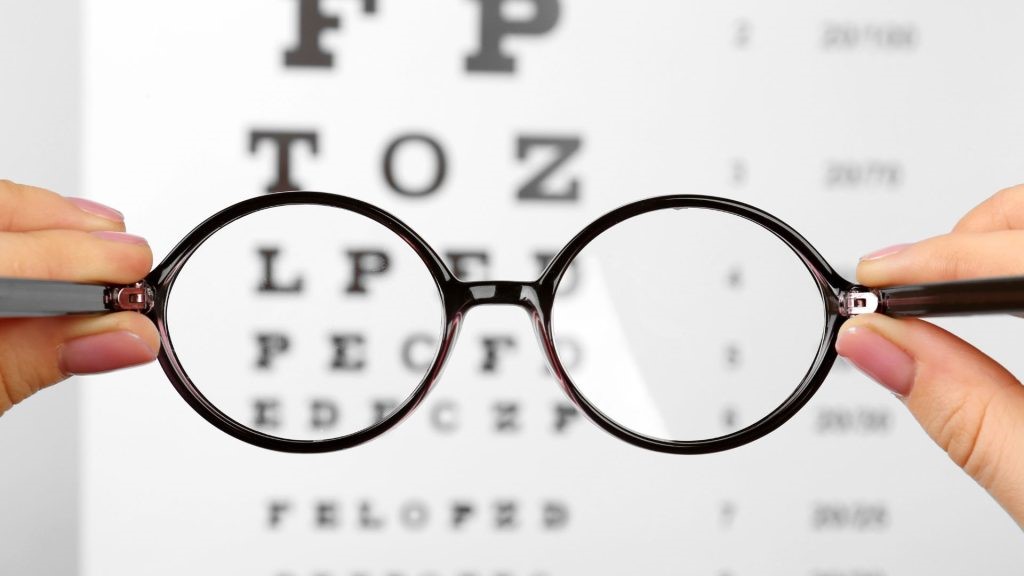Aging and Vision: How to Maintain Good Eyesight as You Get Older
As we journey through life, aging is a natural process that brings wisdom, experience, and yes, some changes in our bodies. One of the areas that can be significantly affected by aging is our vision. But the good news is that there are many ways to maintain good eyesight as you get older. In this article, we’ll explore the various aspects of aging and vision, and provide practical tips for preserving your eye health well into your golden years.
Understanding How Aging Affects Vision
Aging can bring about several changes in our eyes and vision. Some of the common age-related vision changes include:
- Presbyopia: This is a natural aging process where the eye’s lens becomes less flexible, making it challenging to focus on close-up objects. It typically starts to become noticeable around age 40.
- Reduced Pupil Size: As we age, our pupils become smaller and react more slowly to changes in light. This can affect our ability to adapt to low-light conditions.
- Decreased Tear Production: Many older individuals experience dry eyes due to reduced tear production. Dry eyes can cause discomfort and blurred vision.
- Cataracts: Cataracts are cloudy areas that develop in the eye’s natural lens, leading to blurred or cloudy vision. They are more common in older adults.
- Macular Degeneration: Age-related macular degeneration (AMD) is a leading cause of vision loss among older adults. It affects the central part of the retina, making it challenging to see fine details.
- Glaucoma: Glaucoma is a group of eye conditions that can lead to optic nerve damage and vision loss. It becomes more common with age.

Tips for Maintaining Good Eyesight as You Age
Now that we understand some of the age-related changes in vision, let’s explore how to maintain good eyesight as you get older:
- Regular Eye Exams:
Routine eye exams are crucial as you age. An eye doctor can detect and address vision issues early on. It’s recommended to have an eye exam every one to two years, or as recommended by your eye care professional.
- Balanced Diet:
Nutrition plays a vital role in maintaining eye health. Include foods rich in antioxidants, vitamins A, C, and E, as well as minerals like zinc, in your diet. These nutrients can help protect your eyes from age-related conditions.
- Stay Active:
Regular physical activity can improve blood circulation, which is beneficial for your eyes. It may also lower your risk of developing conditions like diabetes, which can affect eye health.
- Control Blood Pressure and Diabetes:
High blood pressure and diabetes can harm your eyes. Keep these conditions under control with the help of your healthcare provider to protect your vision.

- Quit Smoking:
Smoking is linked to an increased risk of cataracts and AMD. If you smoke, consider quitting to protect your eye health.
- Protect Your Eyes from the Sun:
Wearing sunglasses that block harmful UV rays can help prevent cataracts and protect the delicate skin around your eyes from sun damage.
- Manage Screen Time:
If you spend a lot of time in front of digital screens, follow the 20-20-20 rule. Every 20 minutes, take a 20-second break and look at something 20 feet away. This reduces eye strain.
- Adjust Lighting:
Ensure proper lighting when reading or working on tasks that require concentration. Avoid glare and direct bright lights that can cause discomfort.
- Use Corrective Lenses:
If you need glasses or contact lenses, make sure your prescription is up to date. Wearing the correct prescription lenses can significantly improve your vision.
- Stay Hydrated:
Drinking enough water helps prevent dry eyes. If you suffer from dry eyes, consider using artificial tears or discussing treatment options with your eye doctor.
- Know Your Family History:
Certain eye conditions have a genetic component. Be aware of your family’s eye health history and inform your eye doctor of any family conditions.
- Manage Stress:
Chronic stress can impact your overall health, including your eyesight. Practice relaxation techniques like meditation or yoga to reduce stress levels.
Addressing Common Age-Related Eye Issues
Here are the treatment options for some of the most common eye conditions:
- Presbyopia: Use reading glasses or progressive lenses to correct near vision. Regular eye exams can ensure your prescription is up-to-date.
- Cataracts: If cataracts significantly impact your vision, cataract surgery is a common and highly effective treatment option.
- Glaucoma: Glaucoma is typically managed with eye drops, laser therapy, or surgery. Early detection and treatment are crucial for preventing vision loss.
- Age-Related Macular Degeneration: Treatment options for AMD may include medications, laser therapy, or injections. Early intervention can slow the progression of the disease.
- Dry Eye: Artificial tears, lifestyle changes, and prescription medications can help manage dry eye symptoms.
Conclusion
Aging is a natural part of life, and with it comes changes in our vision. However, by following these tips and being proactive about your eye health, you can maintain good eyesight as you get older. Remember that regular eye exams, a healthy lifestyle, and protective measures can go a long way in preserving your vision and allowing you to enjoy a vibrant, active life well into your golden years. Prioritizing your eye health today can help ensure clear and comfortable vision in the future.
References:
- Hopkins. (n.d.). Best Way To Age-Proof Your Vision. Retrieved from https://www.hopkinsmedicine.org/health/wellness-and-prevention/best-way-to-age-proof-your-vision
- Jennifer. (n.d.). How To Maintain Vision As You Age. Retrieved from https://www.webmd.com/healthy-aging/how-to-maintain-vision-as-you-age
- NIA. (n.d.). Aging And Your Eyes. Retrieved from https://www.nia.nih.gov/health/aging-and-your-eyes
- UCI. (n.d.). Oh, My Aging Eyes! What Can I Do To Preserve Sight? Retrieved from https://www.ucihealth.org/blog/2018/03/aging-eye

